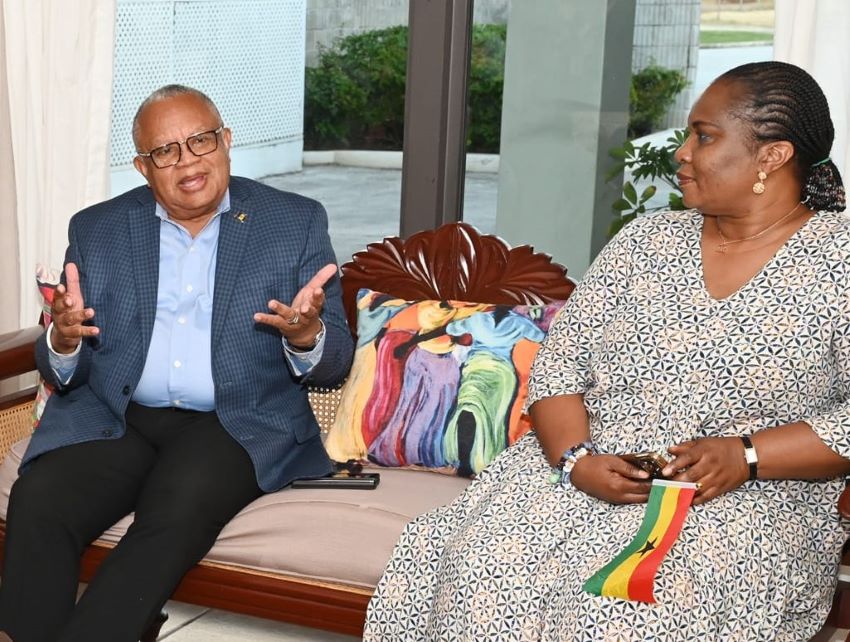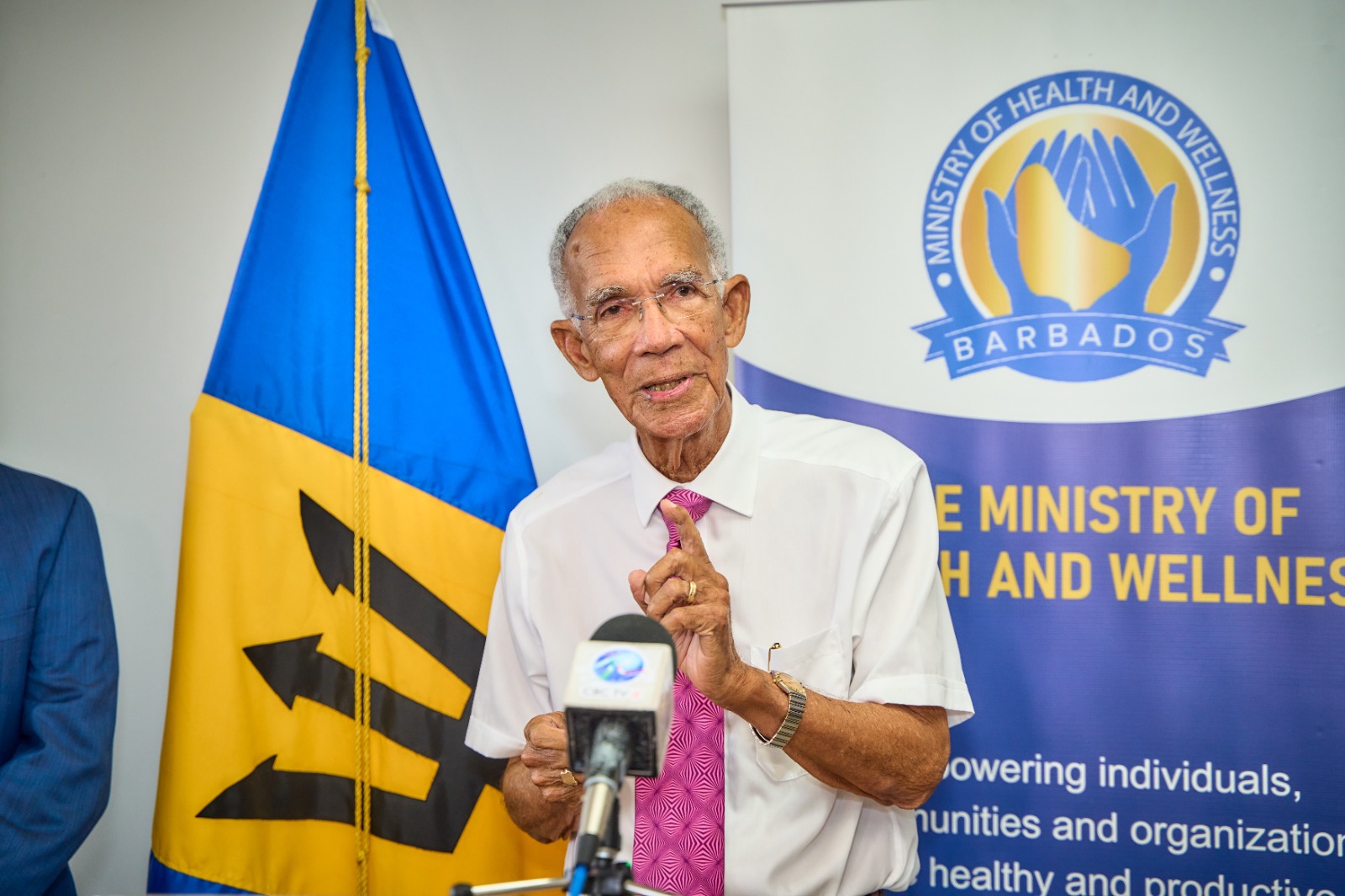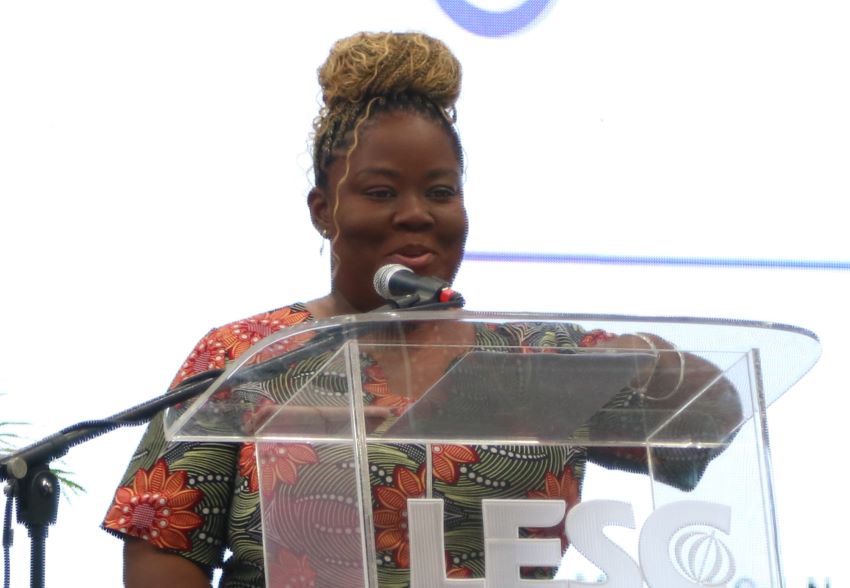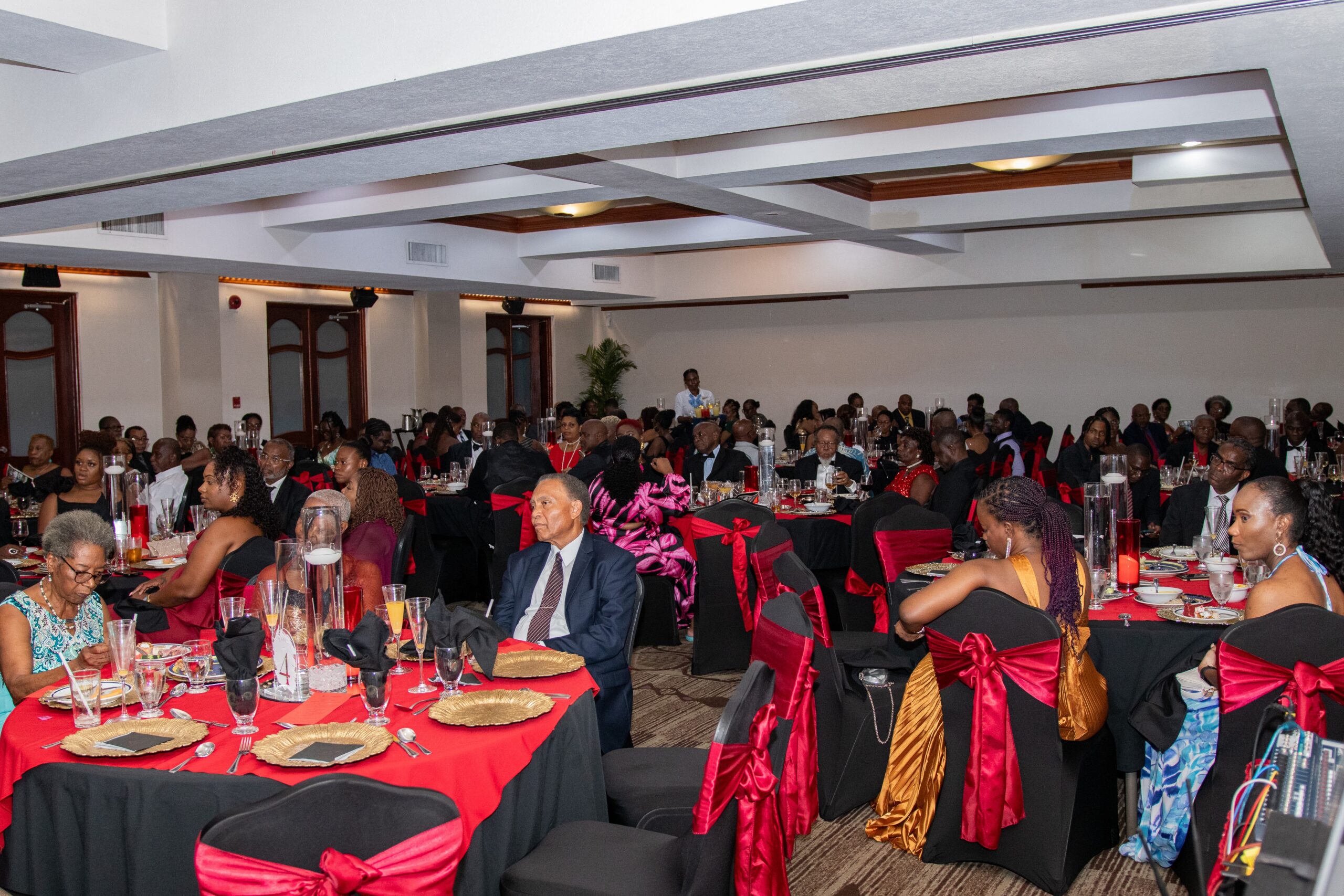Barbados is forging ahead in the medicinal cannabis industry with innovative solutions, despite the challenges being faced.
Acting Minister of Agriculture, Food and Nutritional Security, Wilfred Abrahams, stated this last Friday, while addressing the inaugural Bajan Cannabis Conference, at the Lloyd Erskine Sandiford Centre, Two Mile Hill, St. Michael.
Noting that this country is charting an exciting future for the sector, with a focus on transforming healthcare, empowering local entrepreneurs, and embracing digital innovation, he said this will allow Barbados to position itself as one of the leaders in the Caribbean in this lucrative and fast-evolving global industry.
Mr. Abrahams disclosed that “11 applicants, representing 33 licences”, had been approved to date. He added: “And we are committed to moving this industry forward. This announcement marks a major step in Barbados’ drive to develop a thriving medicinal cannabis industry that will contribute to both healthcare and wellness tourism.”
The Minister praised the Barbados Medicinal Cannabis Licensing Authority (BMCLA) for its efforts in assisting local entrepreneurs to join the growing industry by introducing a flexible payment plan. “This plan allows licensees to pay 60 per cent of their licence fee upfront, with the remaining 40 per cent paid in instalments over the first three years, … either monthly, quarterly, or annually,” he stated.
Meanwhile, acting Chief Executive Officer of the BMCLA, Shanika Roberts-Odle, pointed out that the industry continues to face significant challenges, particularly with the banking sector’s reluctance to support cannabis-related businesses.
To deal with this and other issues, she said three Memoranda of Understanding (MOU) were signed, which sought to overcome key hurdles and advance the development of the medicinal cannabis industry in Barbados.
The CEO noted that one of the most pressing challenges has been the lack of banking solutions for businesses in the medicinal cannabis sector, not only in Barbados but globally. To address this, she said the BMCLA partnered with M Money, a digital banking platform, to develop solutions that will facilitate local transactions for cannabis businesses.
Ms. Roberts-Odle pointed out that traditional financial institutions have been hesitant to support the industry due to regulatory concerns, and this had slowed investment and growth.
“While we haven’t completely solved the banking issue, this brings us closer and allows us to move money locally. Banking has been one of the biggest stumbling blocks, particularly in terms of facilitating investment in the industry,” she said.
The CEO disclosed that the BMCLA had also entered into a collaboration with Export Barbados, which is designed to support the marketing, testing, and manufacturing of medicinal cannabis products, ensuring that products are developed to the highest standards and marketed internationally. “It’s not just about growing the plant; it’s about marketing these products internationally and manufacturing them to the highest standards,” Ms. Roberts-Odle explained.
Also recognising the need for regional collaboration, she said the BMCLA signed an MOU with the Caribbean Cannabis Forum, which reinforces the need for a united Caribbean approach to cannabis policy, particularly when dealing with international regulatory bodies such as the World Trade Organization and the United Nations.
“Barbados has always recognised the importance of moving together as a Caribbean region. It has been crucial in protecting our interests on the international stage,” said Ms. Roberts-Odle.
She noted that the partnership also ensures that Barbados and its Caribbean neighbours continue to advocate for policies that reflect their unique relationship with cannabis, while also promoting responsible usage and industry standards.
She added: “We recognise the frustrations that people have expressed, but the transition from growing cannabis informally to producing medical-grade cannabis for immunocompromised patients is a vast leap. The BMCLA is committed to ensuring that our industry meets these high standards.” (PR/GIS)
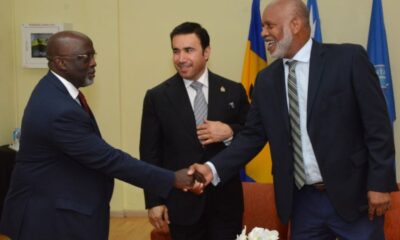
 International4 weeks ago
International4 weeks ago
 Business4 weeks ago
Business4 weeks ago
 Sports3 weeks ago
Sports3 weeks ago
 Local3 weeks ago
Local3 weeks ago
 Tourism3 weeks ago
Tourism3 weeks ago
 International4 weeks ago
International4 weeks ago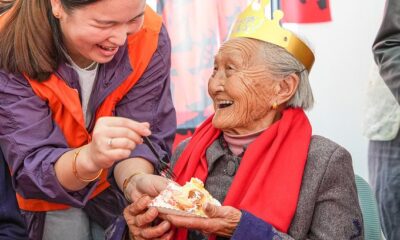
 International4 weeks ago
International4 weeks ago
 Local3 weeks ago
Local3 weeks ago








